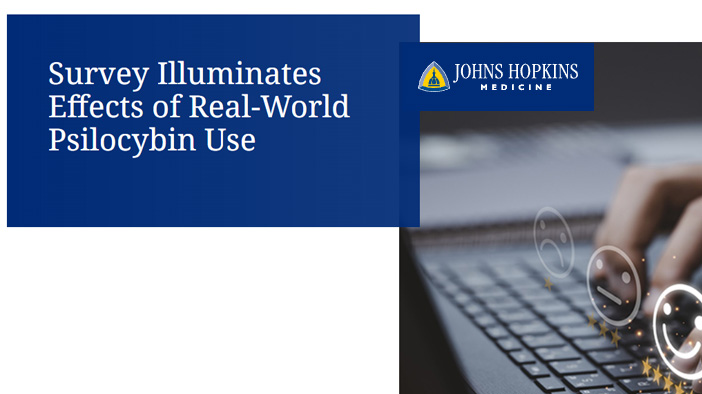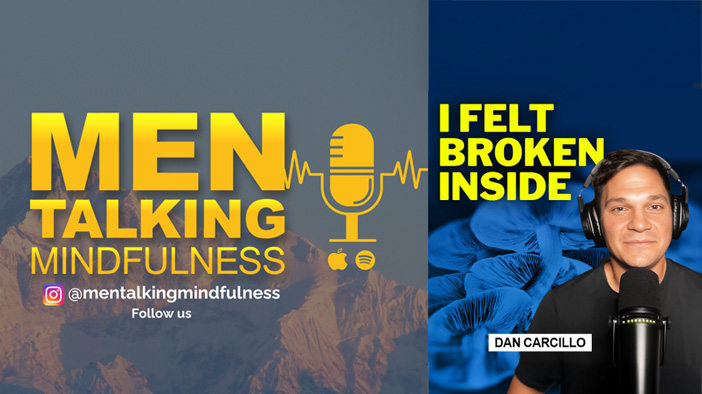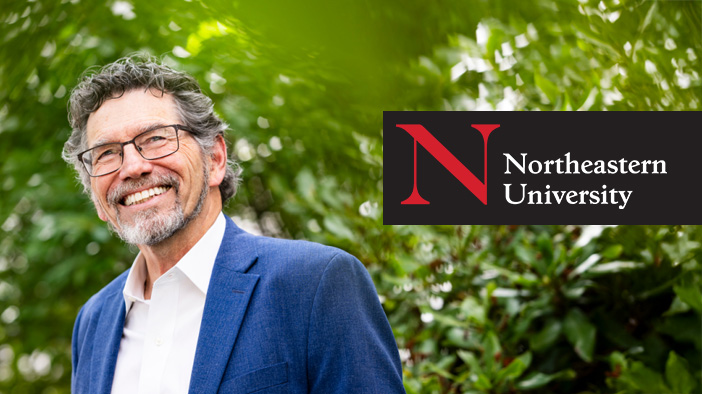Resources
Neuroscientist Dr. Andrew Huberman explains the therapeutic potential of psilocybin by detailing its action on serotonin 2A receptors and its ability to promote neuroplasticity—essentially “rewiring” the brain’s emotional and cognitive circuitry. He highlights studies showing improvements in mood, behavior, and resilience when psilocybin is used in clinical settings. This episode offers a science-based look at how psychedelics can support healing from trauma, depression, and addiction.
In this moving TEDx talk, a survivor of trauma shares how psilocybin became a catalyst for emotional healing and transformation. Through a guided experience, they accessed suppressed memories, released long-held pain, and began to rebuild their sense of self. This honest and heartfelt account shows how psychedelic therapy can create lasting change when other treatments fall short.
Beyond the controlled lab, new research from Johns Hopkins is reshaping our understanding of psilocybin’s therapeutic potential. A landmark study published in Frontiers in Psychiatry reveals compelling evidence that even naturalistic, unsupervised psilocybin use is significantly associated with lasting improvements in mental health, well-being, and reduced anxiety and depression. Uncover the surprising ‘real-world’ benefits and risks that could redefine future psychedelic research and harm reduction strategies.
In this deep-dive episode, Dr. Andrew Huberman explains the science behind depression and shares eight protocols shown to help manage and treat it. At 1:33:08, he discusses psilocybin’s role in clinical research for major depression — highlighting how it promotes brain plasticity, improves mood regulation, and may offer long-term relief when paired with proper guidance. A must-watch for those seeking research-backed insight into how psychedelics can support healing.
Daniel Carcillo shares how a high-dose psilocybin experience helped him recover from the lasting effects of seven concussions. This interview explores his healing journey through trauma, emotional instability, and post-concussion syndrome — and how psilocybin, supported by integration practices like breathwork and mindfulness, helped him reclaim mental clarity, emotional balance, and purpose.
Could the active compound in “magic mushrooms” unlock a groundbreaking treatment for head injuries? Pioneering Northeastern University research reveals psilocybin’s astonishing potential to restore brain function, reduce inflammation, and ignite neuroplasticity following mild traumatic brain injuries (TBI). This first-of-its-kind study offers a beacon of hope for athletes, military personnel, and others impacted by repetitive head trauma, paving the way for novel neurodegenerative disease treatments and a deeper understanding of psilocybin’s therapeutic effects on the brain.
John Hopkins Center for Psychedelic & Consciousness Research.
John Hopkins maintains a center to research the benefits of psychedelic understanding and usage. Here is a list of all their published studies.


